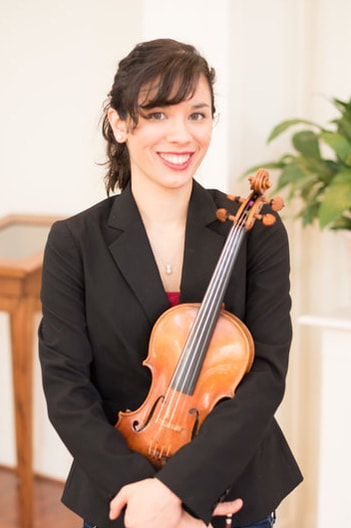2. Listen to classical music in your home. The more your kids hear music, the more they will develop an ear for it. Have music on in the home while they're doing homework, playing with their friends, just hanging out. Check the local listings for the public broadcasting station for programs such as "Live from Lincoln Center." Plan a television night around watching the concert!
I urge you to purchase classical albums, if it's possible for your family's budget. Give your kids classical albums as birthday and holiday gifts. It's important to support recording artists! However, again, for the money-conscious family, it's now easier than ever to access free classical music on the internet. YouTube has some great videos of performances. There are other online resources such as Pandora and Spotify. A word of warning about Spotify to parents: it requires a Facebook account (so ages 13 and up) to access. Also, some of the ads that are played during the "commercial" breaks may not be appropriate for young children. Another place to get recordings is to subscribe to a music database like Naxos. You can also visit your local public library and browse their cd collection for classical albums.
3. Read books about classical music or ones that feature characters who play instruments. One of my favorites of all time is The Mozart Season, by Virginia Euwer Wolff. I also like Leslie Namioka's series for children about the Yang family, where each child plays a different instrument and they have a family quartet. The first book in the series is Yang the Youngest and his Terrible Ear. Many authors also have biographies of the famous composers written for a younger audience.
For the adult wanting to learn more about the music world, there are any number of great books out there. Aaron Copland's What To Listen For In Music. Arnold Steinhardt, the first violinist of the now-retired Guarneri quartet has written two wonderful books, Violin Dreams and Indivisible by Four. Shinichi Suzuki's Nurtured by Love is a must-read for the parent of young students.
4. Do all of the above with your family. Being a musician is more than a hobby or an after-school activity. It's really a way of life, and the more you can welcome music and violin into your life, the more you and your children will grow in it!

 RSS Feed
RSS Feed